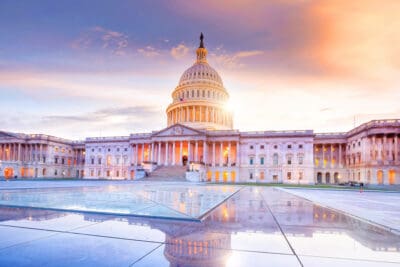JFF applauds President Joe Biden’s plan for investing in America’s children and families—which he presented in an address last night to a joint session of Congress—including his call for two years of free community college.
Laying out the steps he would like to take to ensure that our nation can achieve a full recovery after this period of pandemic-driven turmoil and family financial instability, the president provided details of the American Families Plan, his administration’s wide-ranging proposal to invest in crucial supports for people who have lost jobs and are trying to reenter the labor market. These include increased funding for child care and child care workers, a national paid family and medical leave proposal, adjustments to unemployment insurance benefits, and expansion of tax policies that support families, including the child and earned income tax credits.
The plan is evidence of the Biden administration’s strong commitment to serving the holistic and basic needs of individuals and families, and if enacted, the free college proposal would represent a noteworthy expansion of free public education in the United States. It would provide two years of free community college for first-time students and workers who want to build new skills, significantly increasing access to opportunities to pursue a degree or certificate that leads to family-supporting careers. It is estimated that 5.5 million students—including DREAMers—stand to benefit from the program.



